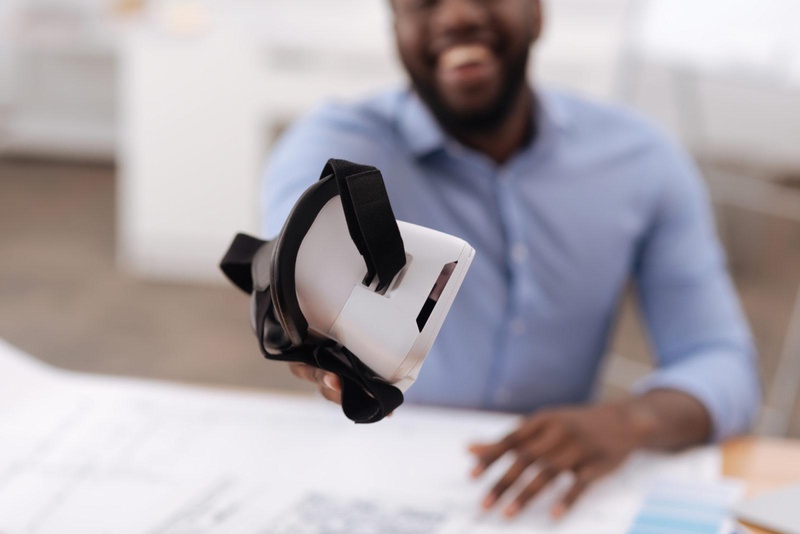How to add the ‘wow factor’ to recruitment with VR

Fact: It’s getting harder to attract talent and keep hold of it.
Why? For a start, there’s not enough of it to go around. Secondly, many organisations haven’t adapted quickly enough to the changing face of today’s workforce and are failing to recruit and retain as a result.
Millennials – those born from 1980-2000 – make up a quarter of the UK’s population. The first digital generation are now the key players in the workplace and will be the drivers of success for businesses in the years ahead.
They bring with them a new set of skills – and a different view about how work should be.
What do we know about millennials?
We know that they place a far greater emphasis than other generations on opportunities to learn and grow and for advancement (Harvard Business Review, Gallup survey, 2016). In their survey, HBR described millennials as “consumers of the workplace”, meaning that they shop around for the jobs that best align to their needs and life goals.
We also know that they don’t stick around if a job doesn’t match up – 91% of millennials expect to stay in a job for less than 3 years (Forbes).
And a survey by TLNT found that a third of new hires make up their mind on staying with a business in the first week.
Crucially, 78% of millennials are strongly influenced by how innovative a company is when deciding if they want to work there (Deloitte Millennial Survey). Millennials want to create, contribute, and innovate, which is why an innovative learning offering is so important.
Introduce some wow – here’s how!
VR for learning isn’t just a fancy gizmo designed only to impress. Immersive learning using emerging technologies such as mobile VR are already having an impact on talent acquisition. It has taken learning to a new level that attracts and inspires recruits and makes the training process, in many instances, quicker and more effective than ever before.
Mobile VR - what it is and what it brings to learning
The key elements of mobile VR are that it:
- Uses a smartphone and headset to situate learners in a 3D virtual environment
- Has 360° video footage, photosphere or 3D simulation
- Offers autonomy to explore and interact with the experience
- Uses any modern smartphone via Google cardboard or headset - so is affordable
Sponge developed its own mobile VR tool in a ground-breaking pilot study with charity street fundraisers who were able to experience compliance training almost as if they were in a city centre environment. The interactive framework supported 360° video content, and, critically, allowed users to interact with it via mechanics including hotspots, branching and integration with other media.
Mobile VR has a number of key learning benefits:
- Suits hands-on learning
- Creates emotional response
- Increases empathy
- Aids retention
- Offers autonomy to explore
- Is a safe learning environment
VR research - our findings
Sponge carried out a pilot study to compare VR with other learning methods, predominantly with undergraduates or graduates looking for jobs: The results are fascinating.
Participants found the VR experience significantly more enjoyable and significantly easier to concentrate on than an online learning game and a written document. Participants also reported a significantly greater learning satisfaction with VR than the game, which came 2nd in all three categories, and the document, which came bottom in all three.
100% of learners said they could apply the learning and 90% said they would feel valued if their employer offered VR.
But perhaps the most staggering statistic was that 100% of participants - every single one of them - said they would feel like they worked for an innovative organisation if they received VR training: Clear evidence that VR is a key player in attracting and retaining talent.
Kate Pasterfield is Head of Innovation at Sponge.